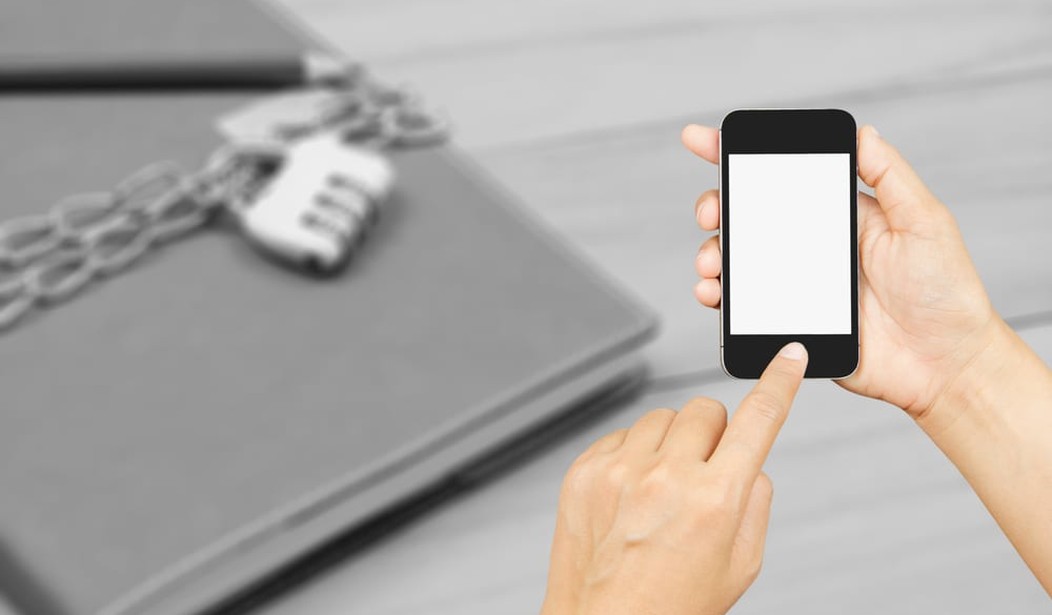FBI General Counsel James A. Baker said the FBI does not want “access to everyone’s phones” but the bureau is seeking more authority from the American people to access digital data and conduct “digital surveillance” to prevent and solve crimes.
“We are most definitely not saying that we should always have access to everybody’s phones — that is absolutely not what we are interested in. We want access to data that we think is necessary in order to conduct our investigations that you want us to conduct, that you being the American people have charged us to conduct when we have appropriate legal authority to do so,” he said at a Georgetown University Law Center “Color of Surveillance” discussion on government surveillance and race.
Baker alluded to the battle between Apple and the FBI when the feds were unable to unlock the phone of the San Bernardino terrorists. He said encryption has prevented the FBI from being able to obtain evidence in a case where data is stored on a phone or when “we are trying to do a wiretap and the data is in motion” but inaccessible.
“We think of ourselves as the servants of the American people — that we belong to you. You own us so we follow your direction. It’s our obligation given the responsibilities the American people have charged us with to tell you how it’s going to make sure you understand what difficulties we are encountering because you want us to do certain things to protect you,” Baker said.
“What we’re trying to tell people is that when it comes to electronic surveillance, it’s been a very effective investigative tool when used appropriately over the years. It is much less effective today. What do you want us to do about that?”
Baker said the laws on the books today “generally speaking” do not enable the FBI to acquire access to digital data.
“Is that OK with you? Is that all right in situations where you have the woman in Louisiana who has been murdered and her mother thinks there may be evidence on her phone and we can’t access the phone? Is that OK with you when we are trying to find a child or when you’ve got a situation involving a child predator — is that OK?” Baker said.
Baker, a Harvard Law School professor, asked the audience if the FBI should be able to access phones or other devices when the bureau knows ISIL leaders in Syria are “communicating through intermediators with people in the United States using encrypted communications.”
“We can see sometimes they’re communicating but we don’t know what they’re saying. Is that OK with you? Do you want us to have different tools or as a society are you, me and all of us, are we willing to live with the inevitable public safety costs that are associated with encryption, which of course enhances all of our privacy, including mine?” he asked.
Baker pointed out that encryption helps with cybersecurity by protecting data but makes it difficult to fight crime.
“It has costs and we need to think about it as a society of how we are going to deal with those costs,” he said.









Join the conversation as a VIP Member